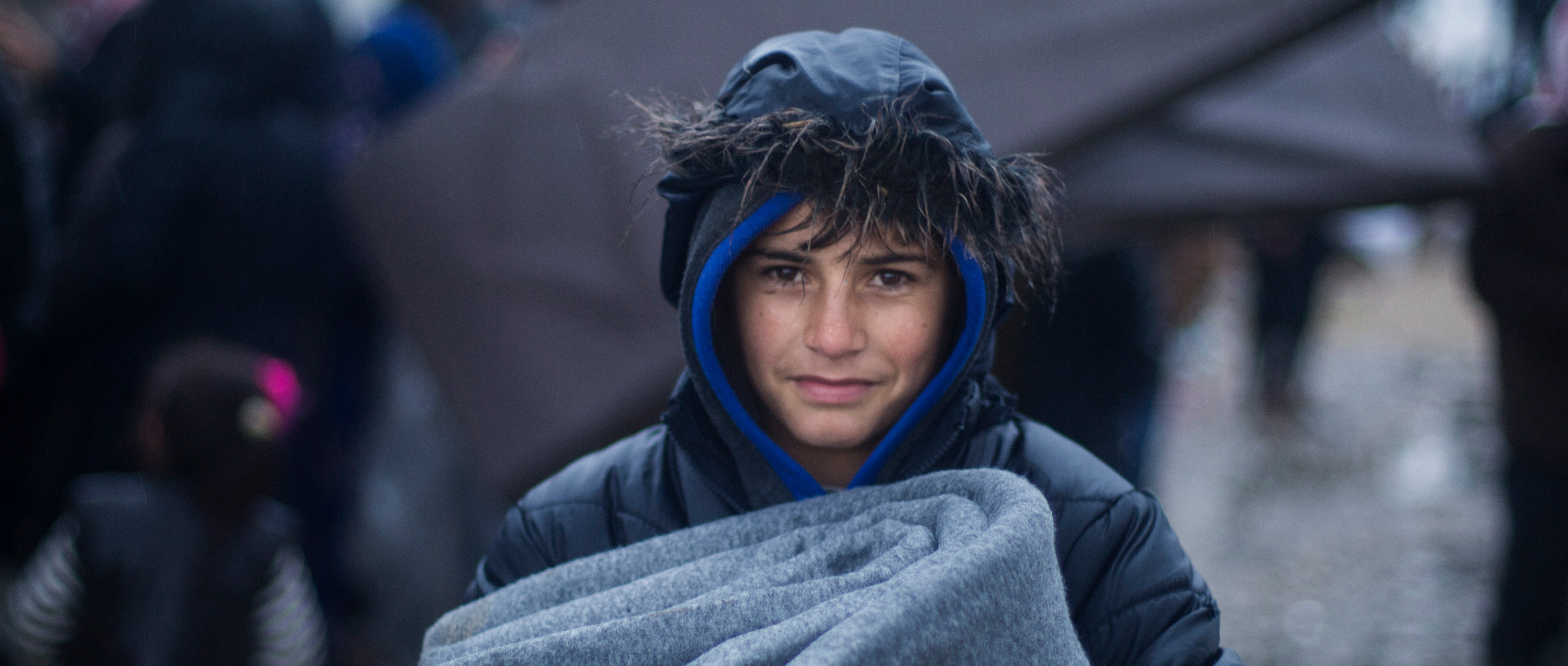Qatar’s strong partnership with UNHCR has shown significant and steady growth in recent years.
With a focus on shelter, health, livelihoods, education and cash-based assistance, Qatar enables continued humanitarian response in both the Middle East and North Africa, and Asia and the Pacific regions, particularly to the Syrian and Rohingya refugee crises. Qatari funding shows a strong link to Islamic philanthropy as evidenced by, in 2019, Sheikh Thani Bin Abdullah Bin Thani Al-Thani becoming UNHCR’s largest individual donor with a contribution from zakat through the Thani Bin Abdullah Bin Thani Al-Thani Humanitarian Fund. UNHCR has a long-standing strategic relationship with the State of Qatar and its entities, including the Qatar Fund for Development, Education Above All, Qatar Charity, Silatech, Eid Charity and Qatar Red Crescent.





